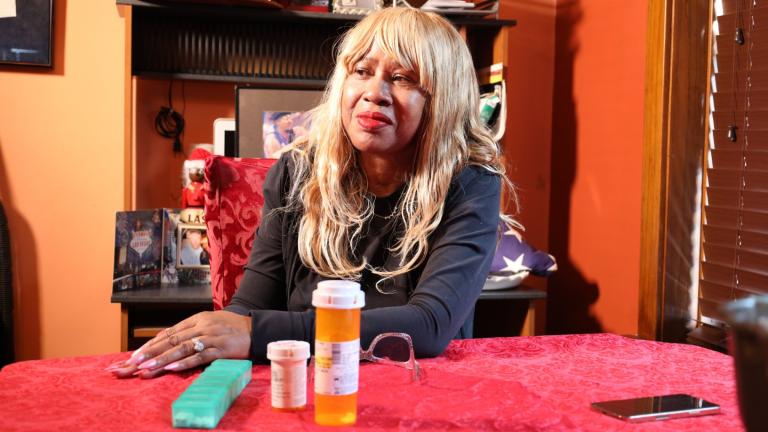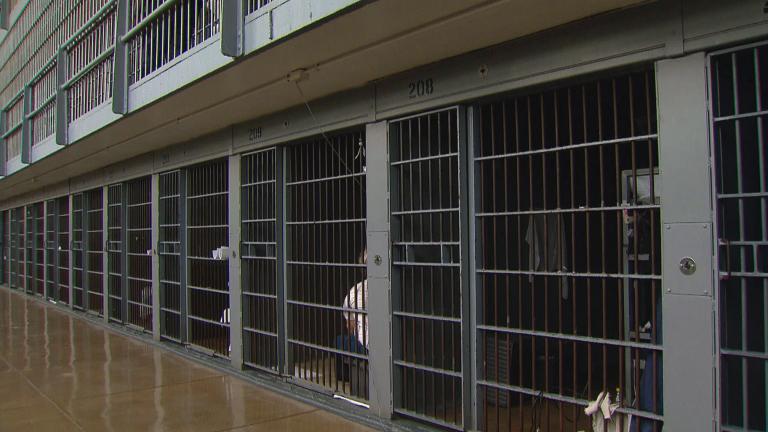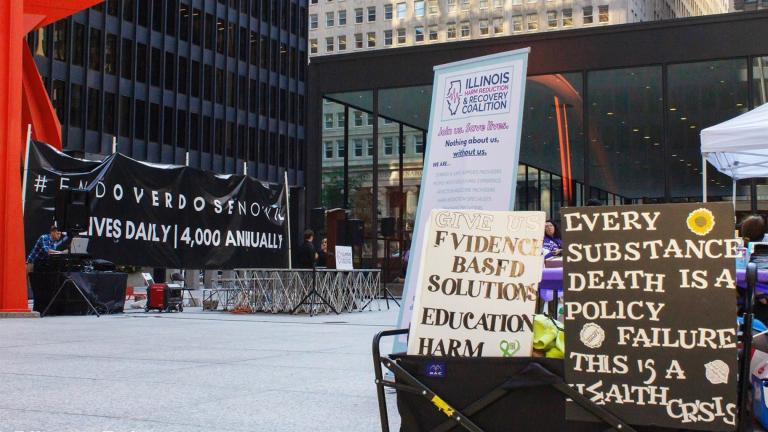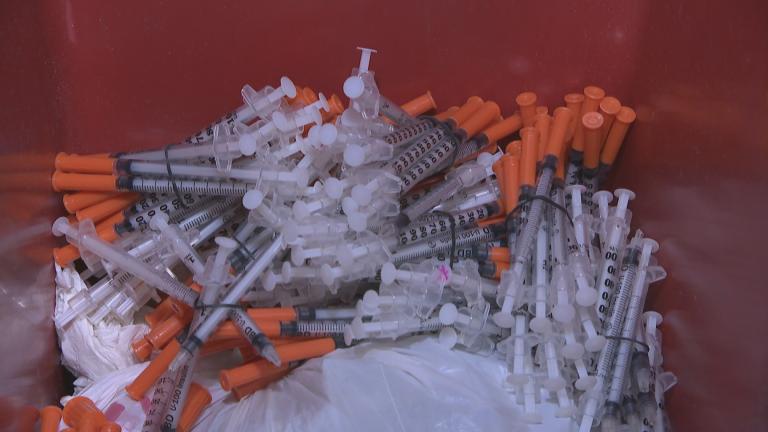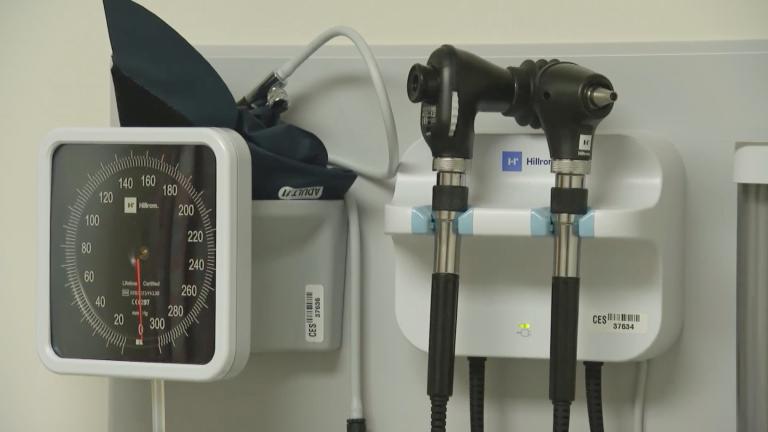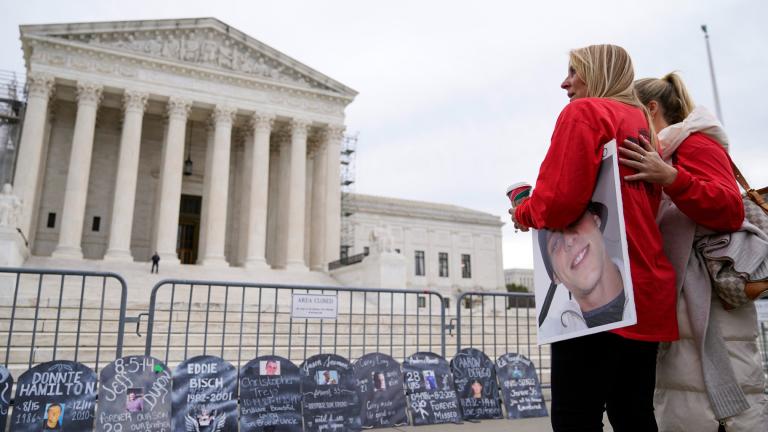Amid the COVID-19 pandemic, the opioid crisis has worsened in Cook County.
This year, the Cook County Medical Examiner’s office has seen 1,556 people die in opiate-related cases. In 2019, that number was a 1,281.
To try and bring these numbers down, some groups are pointing to telehealth as an accessible way to bring treatment to people.
Together, the Night Ministry and the Miles Square Health Center teamed up to provide homeless people with substance abuse treatment through telehealth. The program started in April and so far they’ve served over 75 patients, according to Dr. Nicole Gastala, director of behavioral health and addiction at the Miles Square Health Center.
“Many patients feel that it is much more accessible,” said Gastala. “Sometimes they haven’t been treated well by the health care system and so they start to develop a relationship with both of us and realize that medical care can be supportive and it doesn’t have to be penalizing to approach care.”
They were only able to do this recently. Due to the pandemic, some laws have been relaxed, said Stephan Koruba, senior nurse practitioner at the Night Ministry. One of those relaxations comes from the Centers for Medicare and Medicaid Services, which now allows Medicare to pay for office, hospital and other health care visits via telehealth across the country. Prior to this, Medicare could only pay for telehealth on a limited basis.
Another regulation relaxation came from the Drug Enforcement Administration, allowing DEA-registered practitioners to issue prescriptions for controlled substances to patients that haven’t had an in-person medical evaluation. This opened up a door for groups to give patients suboxone, which treats dependence on opioids.
“Initially, it was so people didn’t have to go into a clinic and potentially get exposed while they were waiting for care,” Koruba said. “But what that did was open up the opportunity for us to bring that service to folks on the street.”
While the pandemic has led to greater access to care, it has exacerbated issues of the opioid epidemic. At the beginning of the pandemic, many people weren’t getting treatment due to centers not wanting to fill up, said Gastala. It has also affected drug distribution: which drugs are brought into the city and what people can and cannot purchase, she added.
The big question is whether or not the DEA relaxations will stay post-pandemic. Koruba said he’s hopeful they will. The Night Ministry has been in touch with county officials and said he doesn’t believe they’ll want to rescinded this.
“I think it’s a utility for everyone: people housed individually to make follow-up appointments and all the way down the line,” Koruba said. “It will be seen as a no-brainer to be incorporated into our normal delivery of health care.”

